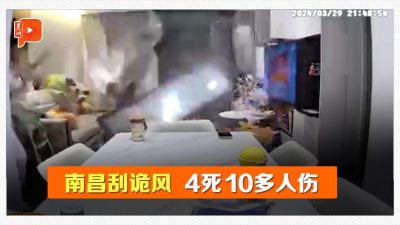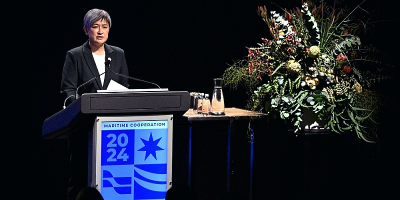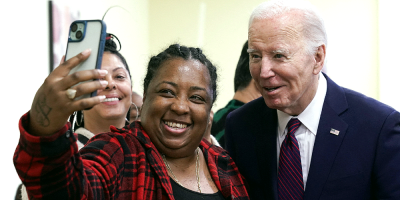By Holmes CHAN
HONG KONG, Dec 17 (AFP) — Hong Kong’s political elite will pick new city lawmakers on Sunday under Beijing’s “patriots only” rules that drastically reduce the number of directly elected seats and control who can run for office.
It is the first legislature election overseen by a new political blueprint that Beijing imposed on Hong Kong in response to massive and often violent pro-democracy protests two years ago.
Some 4.5 million residents in the city of 7.5 million can vote but their ballots will only decide 20 seats in a 90-person legislature — down from half under the old system.
The majority of seats, 40, will be picked by a select committee of 1,500 staunch Beijing loyalists who make up 0.02 percent of the city’s population.
A further 30 will be chosen by reliably pro-Beijing committees known as functional constituencies that represent various special-interest and industry groups.
Under the new rules, all 153 candidates standing for office have also been vetted for their political loyalty and patriotism.
Beijing says the “improved” electoral system will root out “anti-China” elements, fix the city’s woes and ensure the once rambunctious legislature is no longer hobbled by pro-democracy figures holding up laws or filibustering.
But it is unclear how the public will respond to the new model with pre-election polling suggesting a record low turnout could be possible.
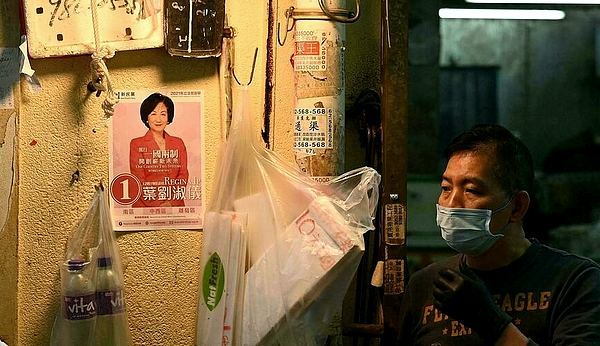
Opposition removed
Kenneth Chan, a political scientist at Hong Kong’s Baptist University, said public enthusiasm has been dampened by China’s wider crackdown using a new national security law imposed last year that has criminalized much dissent.
That law has demolished Hong Kong’s pro-democracy opposition, who are not taking part in Sunday’s vote.
More than a dozen democrats who won seats in the 2016 legislature election are among nearly 100 people facing national security charges, most of them in jail. Three more have fled the city.
“With the backdrop of the crackdown on the democracy movement under the national security law, it’s not surprising that democrats are absent in this election,” Chan told AFP.
“As they are absent, I’m afraid most of their supporters will also be absent.”
Horace Cheung, vice chair of DAB, the city’s largest pro-Beijing party, said Hong Kong’s elections are “quite different, for example, to the American style”.
Hong Kong leader Carrie Lam has repeatedly urged the public to vote but simultaneously argued a low turnout suggests “the government is doing well and its credibility is high”.
It is not illegal in Hong Kong to refuse to vote or spoil ballot papers.
But earlier this year, authorities did make it a crime to encourage anyone either to boycott elections or to cast blank or spoiled ballots.
Ten people have been arrested under that law while authorities say they have sought arrest warrants for two overseas activists.
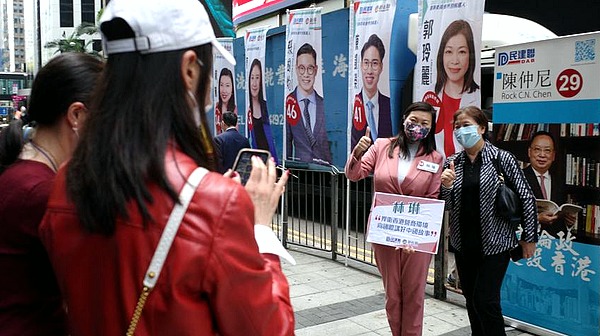
Overseas calls for boycott
Multiple Hong Kong activists abroad have openly advocated a boycott.
Former student leader Alex Chow told AFP last week it was a “no-brainer” to ignore the election, while his fellow activist Sunny Cheung said the polls were a “pseudo-democratic veil”.
Others have used the Twitter hashtag #ReleaseMyCandidate to highlight pro-democracy candidates currently in jail.
Hong Kong officials have also written to both the Wall Street Journal and The Times of London warning recent editorials breached the ban on inciting boycotts.
In contrast to the heated 2016 legislative election, where some candidates went as far as advocating Hong Kong self-determination, Sunday’s polls have been a much more muted affair with a comparatively uniform candidate slate jostling for an even smaller portion of the legislature.
Police said more than 10,000 officers will be deployed to prevent any disruption.
In the northern neighborhood of Sheung Shui near the border with mainland China, opinions were split among residents on whether they intended to vote.
A 39-year-old woman who gave her surname as Pun lauded Beijing’s electoral reform and said she planned to head to the polls on Sunday.
“Everything is now peaceful, there’s less argument and things are pragmatic,” she told AFP.
But others, like a 60-year-old man surnamed Chan, said he would not vote because no candidate could represent his views.
“This year’s election is full of fear. In past elections, we could cast blank votes or vote for the opposition, but now we don’t even have that option anymore,” he said.
“It feels like a North Korea election.”
ADVERTISEMENT
ADVERTISEMENT






